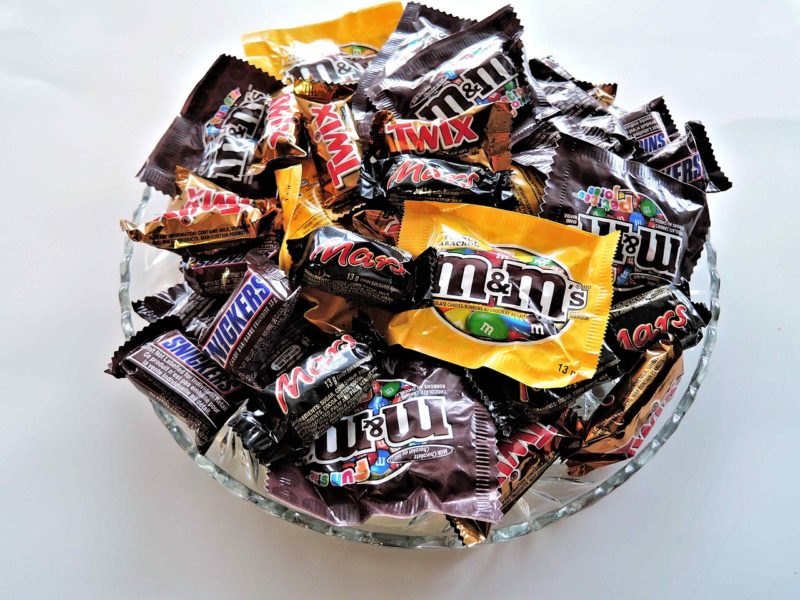


OTTAWA – Health Canada released a years long comprehensive study linking sugar with having a zest for life. This unprecedented report revealed the group who got to eat something sweet with every meal beat out the group who had to abstain in every measure of life satisfaction.
Lead researcher, Dr. Asmee Patil, was surprised by the results. “It has been linked to multiple health concerns; however, those people who aren’t eating sugar hate their lives,” explained Dr. Patil. “The shocking part is how much more people loved everyday life if they just got to eat it regularly.”
The non-sugar group used caffeine, alcohol, carbs and rich cheeses to try to find some happiness in a world full of climate change, the threat of nuclear war, and pandemics. Though these foods provide some zest for life, they are made better when a sweetener is added. Coffee with two pumps of vanilla, a cocktail made with simple syrup, a rich cheese with a jam topping were all off limits. When this group added in kale and dark green vegetables, their lives became bleak existence.
Within the saccharin indulging group, patterns emerged. Happiness levels peaked right after Hallowe’en and, for adults, were directly proportional to the amount of candy not handed out. These participants also enjoyed their birthdays more when they celebrated by eating baked sugar topped with a sugar spread. There was a consensus that life is just better when sugar is part of daily life.
“Before I joined the study, I was like every adult trying to remove and eliminate all the -oses from my diet – dextrose, fructose, glucose, lactose, sucrose. It was a lot of label reading. Since the study instructed me to eat sugar, I now have no guilt when I reach for my afternoon Dr. Pepper, the sweetest of the liquid candy drinks,” said study participant Geoff Harring. “I didn’t know how bleak my life was without the sweet stuff and I have so much passion and joy in my life, I’m going to continue to eat sugar, even though my doctor said I need to quit as soon as the study is over.”
At press time, Dr. Patil was polishing off her grant proposal on a new study of whether recreational drugs can make boring things more interesting.


